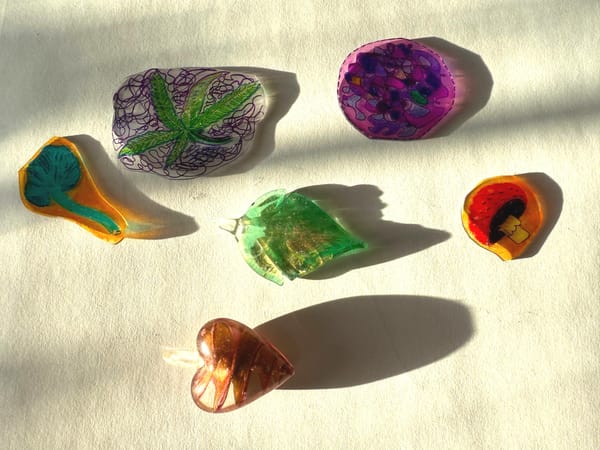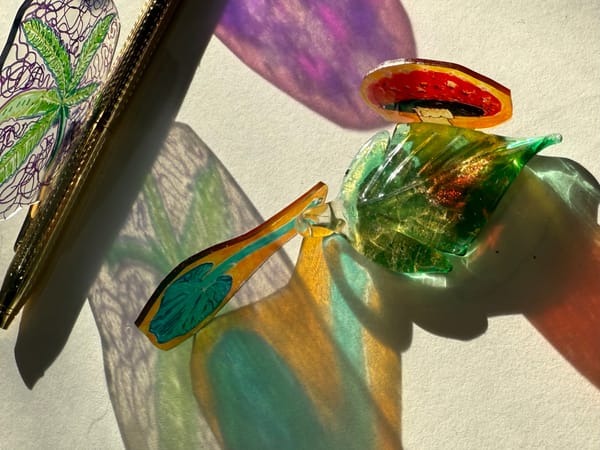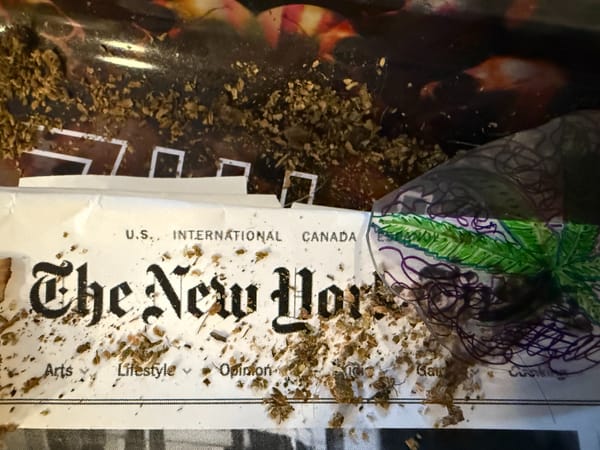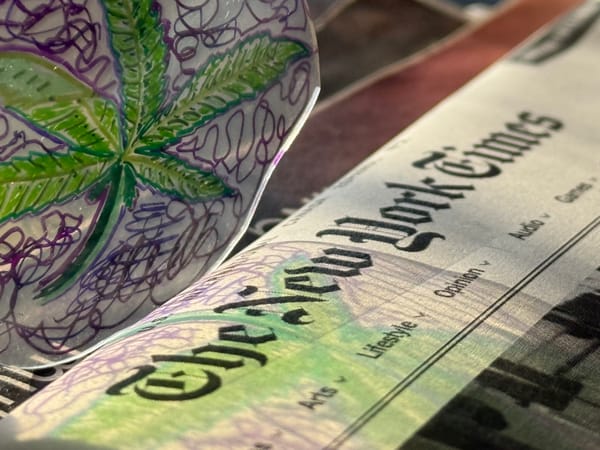Veterans' doctors still can't recommend medical cannabis. Rescheduling could change that.

A survey found that 91% of veterans who use medical cannabis experience better quality of life, and 21% reduced their prescription opioid use. But delays on rescheduling continue to limit access.
Delays to cannabis rescheduling could mean that veterans will have to wait even longer before they can get unrestricted access to medical cannabis.
The United States Department of Veterans Affairs (VA) is the nation's largest healthcare provider. It's also a federal organization, and is thus subject to federal law.
Cannabis's current federal status as an illegal, Schedule I substance means that VA doctors cannot legally recommend medical cannabis to their patients, they can't help them access medical cannabis, and the VA also won't pay for it. But, if the DEA reclassifies cannabis as a Schedule III substance, that could change. Schedule III substances are eligible for FDA approval as medications, while Schedule I substances are considered to have a "high potential for abuse," and no "accepted medical use."
60 percent of veterans support the full federal legalization of cannabis according to a recent poll from Ohio State University. Cannabis has shown promise as a treatment for PTSD, a condition that veterans are three times more likely to have than the general public.
When the department of Health and Human Services recommended that the DEA reclassify cannabis as a Schedule III substance, a group of Veterans Service Organizations were eager to write letter in support. The VA recently changed its policy to allow patients to discuss medical cannabis without consequence, but the VSOs argued this isn't enough:
While the U.S. Department of Veterans Affairs (VA) Veterans Health Administration (VHA) Directive 1315 currently dictates that services will not be denied to veterans who participate in state legal cannabis programs or acknowledge that they use cannabis, many veterans remain uncomfortable discussing cannabis use with their VA providers due to fear of retribution. Under current policy, veterans also cannot possess cannabis at VA facilities and the VA will not pay for any costs associated with medical cannabis. Further still, VA healthcare providers cannot help those under their care within the VHA to fill out applications for medical cannabis cards or to participate in regulated medical cannabis programs – even when they reside in a state with a legal program.
Since then, the DEA proposed a new rule to reschedule cannabis, and invited the public to comment on the rule. Commenters overwhelming not just rescheduling, but further measures to legalize cannabis on the federal level. Over 1000 of those commenters mentioned veterans, or were veterans themselves. One anonymous commenter wrote:
As a service connected veteran, [cannabis] has helped save my life. I suffer from chronic pain as well as a form of stressor related disorder diagnosed by the veterans administration. I stand strong for the rights of all veterans and those with medical conditions that they should have the right to access their own medicine, that helps them heal. Cannabis does this, it's really just that simple.
Another anonymous commenter wrote:
I am a former Marine, combat wounded, Vietnam Veteran who pledged my life for this Country. CanNani’s has been shown to provide a great range of benefits for pain, depression and PTSD. How can you withhold something with so much potential to help so many Veterans? You ask them to pledge their very existence and then drop them when something comes along that can help them. 11% in Operation Freedom to 30% in Vietnam Veterans. Almost 1/3rd of homeless are Veterans with a 7.4% spike last year. Many due to PTSD. Please help us. Make medical marijuana legal. HELP ME.
The Balanced Veterans Network wrote:
Veterans suffering with chronic pain deserve to have access to cannabis as an alternative to harmful and addictive medications like opioids. Additionally, making cannabis an option available for veterans suffering with mental health disorders like, Post Traumatic Stress Disorder (PTSD), Depression and Anxiety, is vital to ending the veteran suicide crisis and deserves the full support of our government.
David A Camp, a veteran and retired criminologist, went so far as to write a report with citations on how the VA's bias against cannabis has hurt disabled veterans. He details the damage of opioid contracts, which require veterans who receive opioid prescriptions to abide by a strict set of rules, including avoiding cannabis. While the VA no longer requires patients to sign these contracts, they do still require patients to submit to drug testing, which might cause them to hesitate to use cannabis. Such measures may do more harm than good, as cannabis could help patients cut down or stop using opioids.
A 2023 survey found that 91% veterans who used cannabis experienced greater quality of life, and that 21% used fewer opioids as a result of their medical cannabis use.
But despite the overwhelming support from public commenters, the DEA has continued to delay finalizing rescheduling. After the public comment period ended, the agency announced it would hold a hearing with witnesses in December. Just last week, the DEA delayed that hearing until January at the earliest,due to errors in vetting witness qualifications. Full medical cannabis access for veterans remains a distant hope.
Want more of the latest on cannabis? Subscribe! And be sure to check your spam folder if you don't receive a confirmation email!



